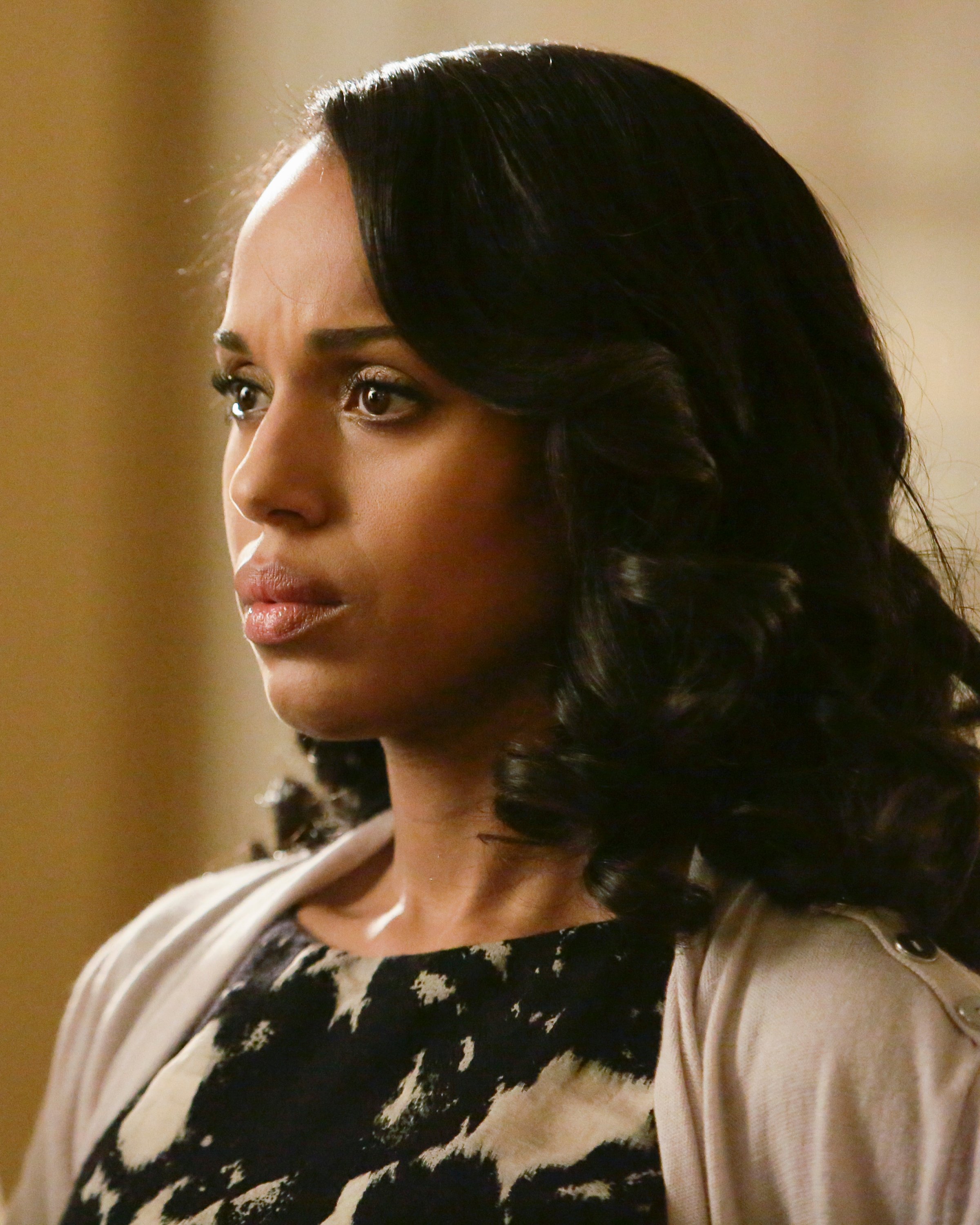
You could call Norman Lear the Shonda Rhimes of the 1970s. Like Rhimes, Lear created a universe of network TV shows with similar themes and values, linked by tone and, sometimes, by plot: All in the Family, The Jeffersons, and Maude were television staples of the 70’s and ’80s. And last Thursday night’s winter finale of Scandal gave Rhimes and Lear another thing in common: both presented controversial episodes about a character who gets an abortion.
In the episode, Olivia Pope (Kerry Washington) gets an abortion without mentioning it to anyone. More than 40 years ago, in November 1972, the title character in Norman Lear’s Maude also got an abortion, but only after much deliberation. “I love the way it was handled,” Lear said of the abortion on Scandal. “But it surprised me that it was so matter of fact.”
“In Maude’s case, she really contemplated not having an abortion,” he said. “We kind of presented both points of view in that fashion.” By contrast, Olivia Pope goes through the procedure with no discussion or deliberation, at least as far as we know now. As with anything on Scandal, it’s possible we’ll discover something completely unexpected when the show comes back on the air.
Lear says he thinks the public discussion of abortion rights is very similar to the environment when the Maude episode aired in November 1972, shortly before Roe v. Wade legalized abortion across the country–though it was . He said he was surprised that there was so little outrage when the episode first aired. “There might have been some phone calls, there might have been some letters or whatever, but the fact is that nothing really happened,” he says. There was only a backlash, he says, when the show went into reruns a year later– that’s when anti-abortion activists started laying down in front of his car and disgruntled fans wrote thousands of letters.
But, he adds, the very fact that I’m interviewing him now suggests that abortion is still just as controversial as it was in 1972. “The reason were having this conversation is because it was so unusual to see such an event on television,” he says. “It doesn’t seem to me that that much has changed.”
Still, the handling of the procedure– as just a matter of fact choice, not an agonizing decision– does reflect a departure from the attitudes in the 1970s. I don’t think this content, as frank and bold as it is, is something that we would not have seen 40 years ago,” Lear says. “There hasn’t been that much change in the culture, in the nature of the American viewer, as there has been in the nature of the content.”
More Must-Reads from TIME
- Donald Trump Is TIME's 2024 Person of the Year
- Why We Chose Trump as Person of the Year
- Is Intermittent Fasting Good or Bad for You?
- The 100 Must-Read Books of 2024
- The 20 Best Christmas TV Episodes
- Column: If Optimism Feels Ridiculous Now, Try Hope
- The Future of Climate Action Is Trade Policy
- Merle Bombardieri Is Helping People Make the Baby Decision
Write to Charlotte Alter at charlotte.alter@time.com